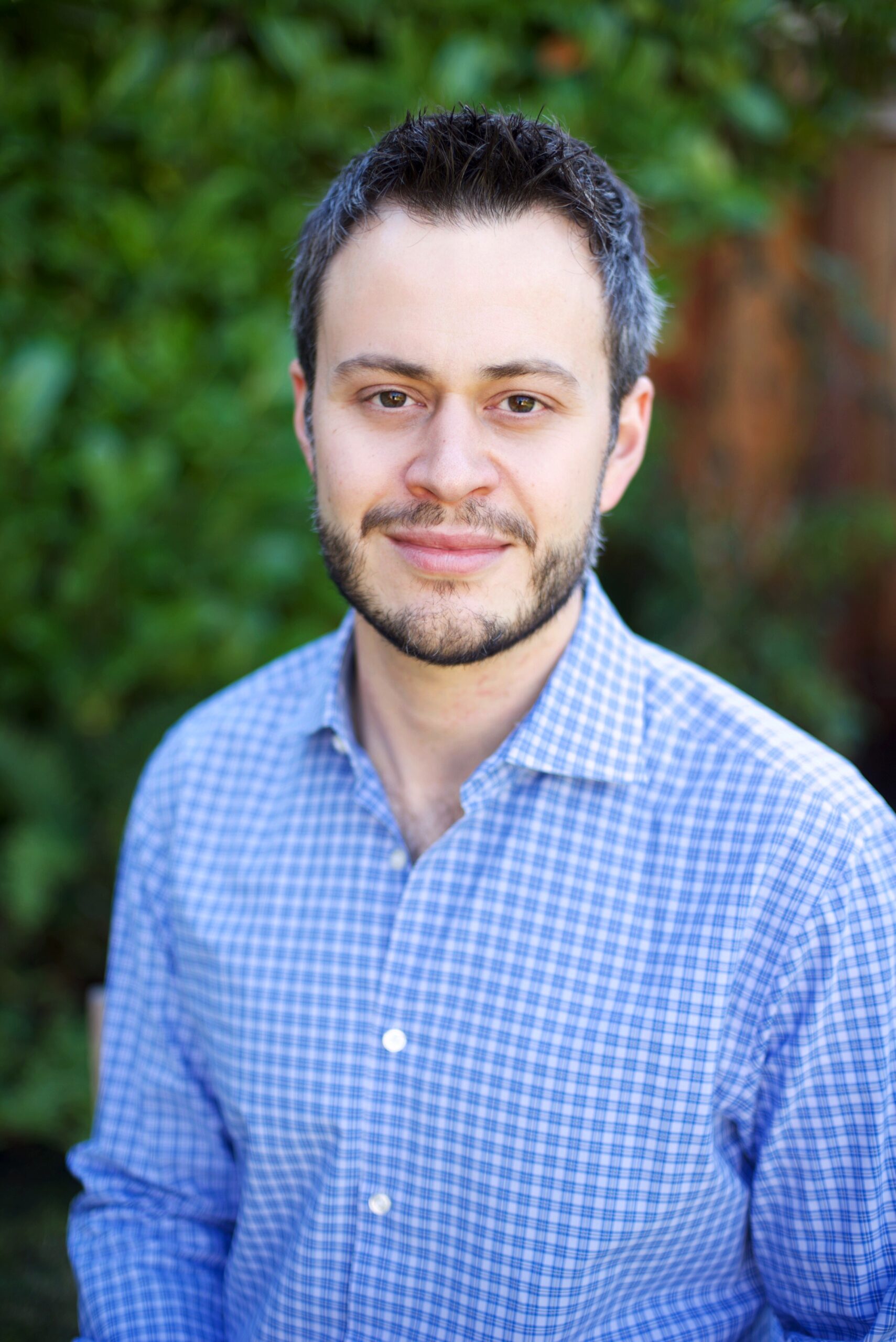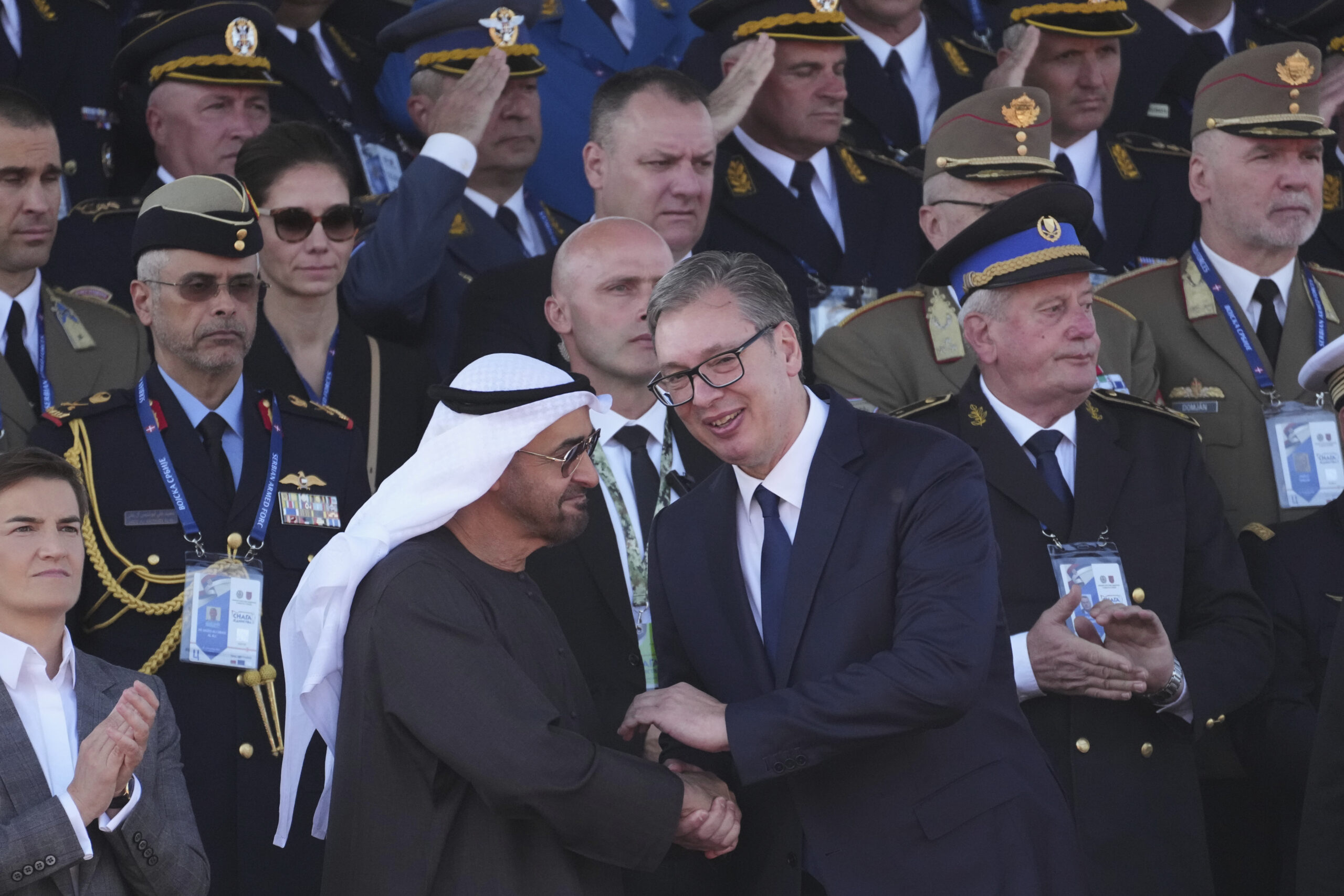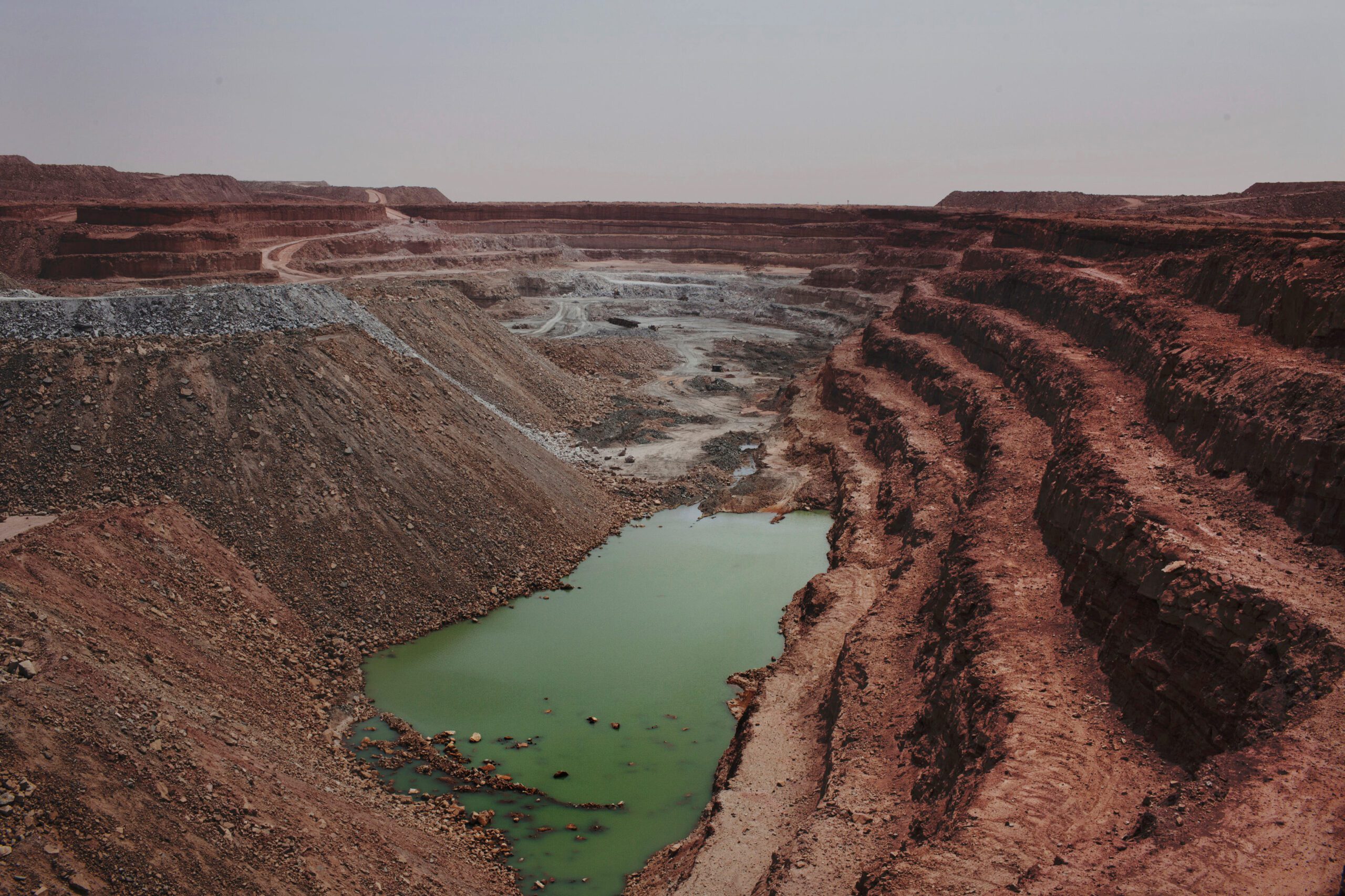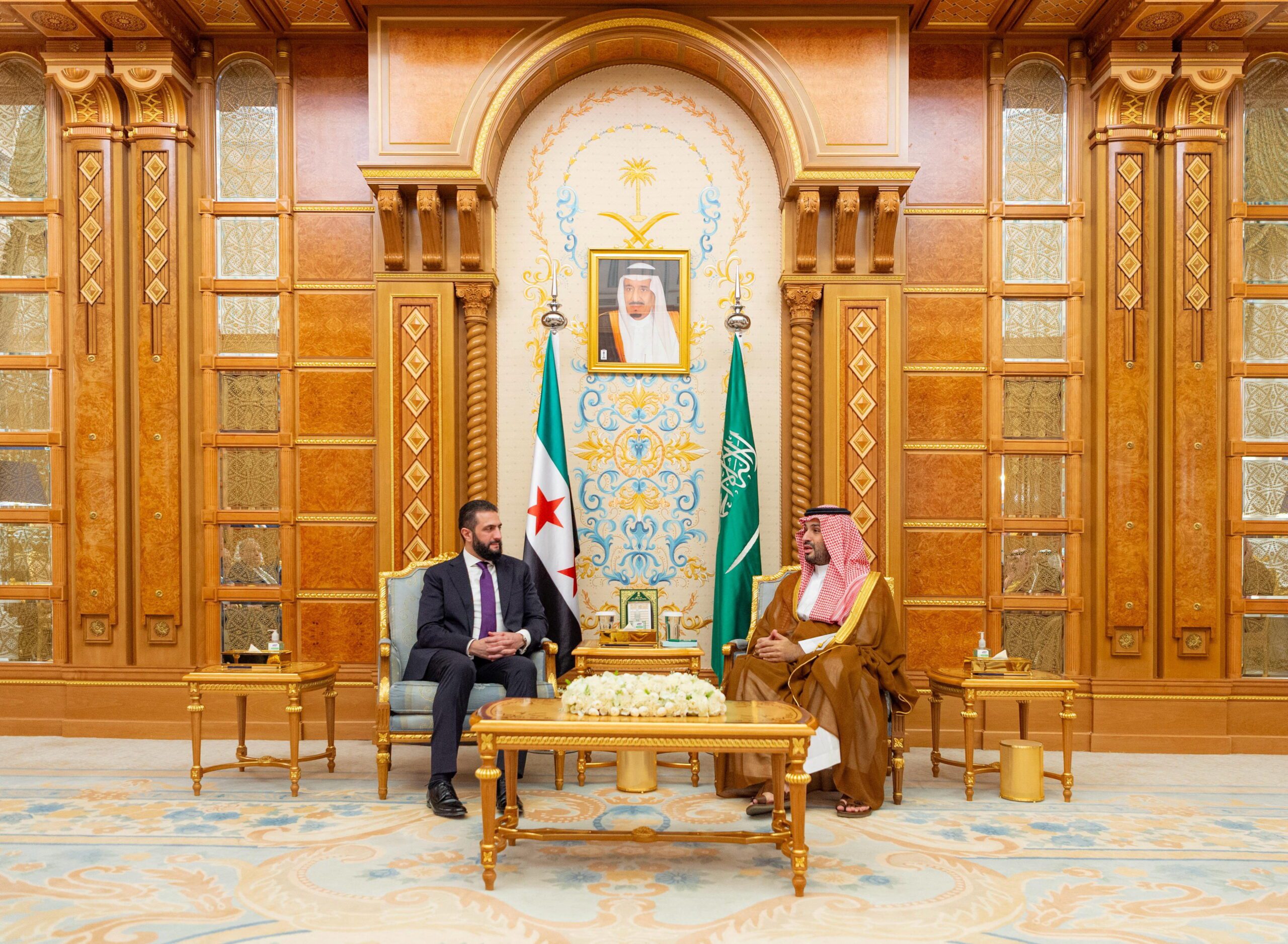Can Riyadh Broker a Syrian Opposition Coalition?
The meeting of Syrian rebel groups in Saudi Arabia, beginning today and running through December 10, marks a major step forward in efforts to create a coherent political front for the opposition as international mediation efforts gain steam. By hosting the meeting, Riyadh, with strong support from Doha, is taking a lead in efforts to...
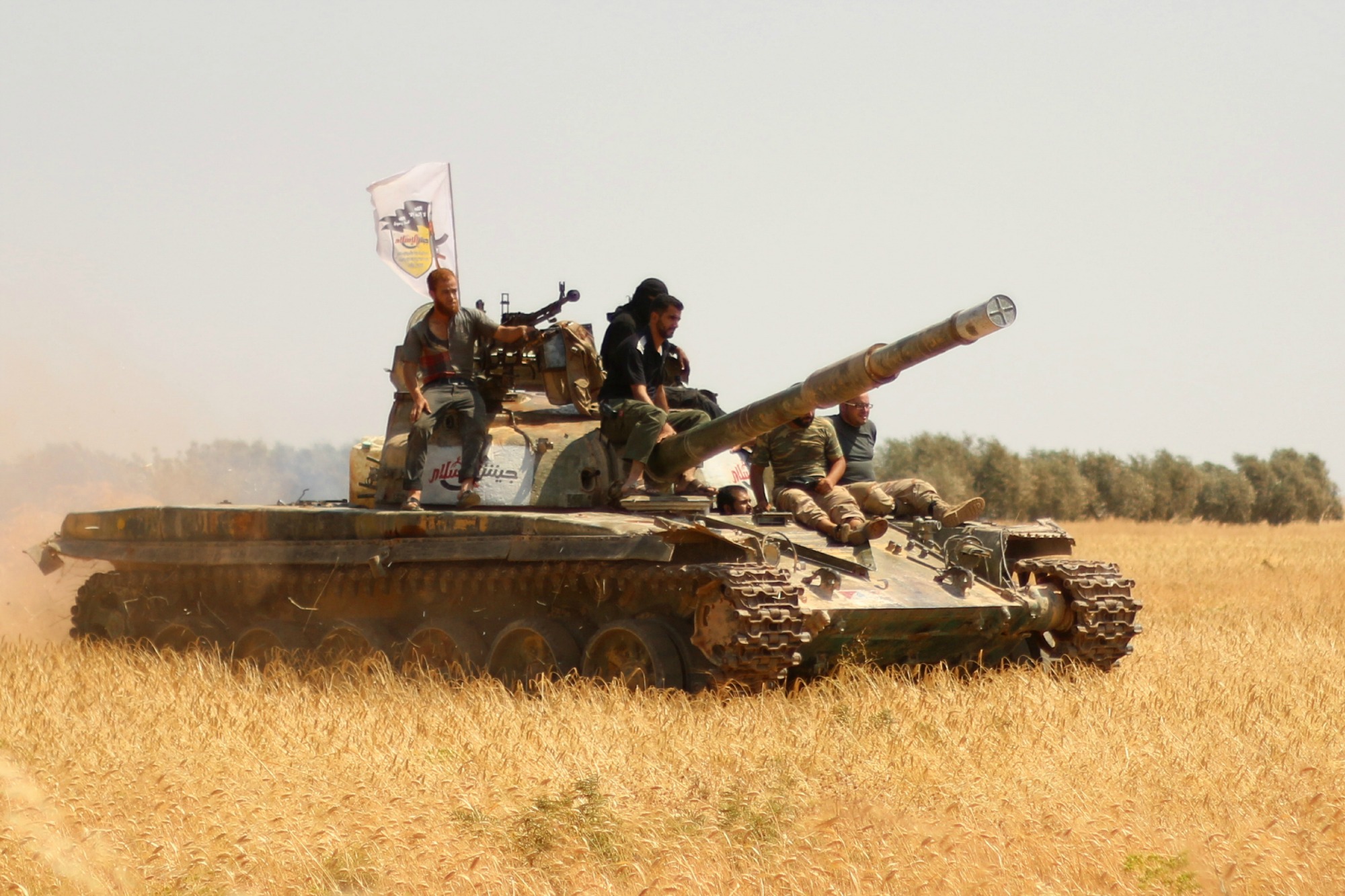
The meeting of Syrian rebel groups in Saudi Arabia, beginning today and running through December 10, marks a major step forward in efforts to create a coherent political front for the opposition as international mediation efforts gain steam. By hosting the meeting, Riyadh, with strong support from Doha, is taking a lead in efforts to politically unify the opposition for participation in the diplomacy that might ultimately determine the future of the country, and in clarifying what opposition groups will, and will not, be part of the process. It’s a tall order. The challenge is to create an umbrella organization large enough to be politically representative of as much of the opposition as possible, but without alienating the United States or Turkey, and able to ultimately engage with Russia and Iran.
Diplomatic Background
The opposition meeting comes in the immediate context of unexpected progress at the recent international Syrian peace meetings in Vienna. On October 30, the participating parties issued a “Final Declaration,” which established a framework that could provide the basis of a broader agreement. This agenda is extremely ambitious. It calls for U.N.-brokered talks between the regime and the opposition (which is undefined, except for the exclusion of “ISIL, and other terrorist groups, as designated by the U.N. Security Council”, which “must be defeated”) to begin by January 1, 2016. A subsequent meeting on November 14 called for an immediate cease fire and urged elections within 18 months. It added the al-Qaeda affiliate in Syria, Jabhat al-Nusra, to the specified list of terrorist groups to be “defeated,” but left undecided what might constitute “other terrorist groups.” Jordan was designated to broker a “common understanding of groups and individuals” to be designated for exclusion and “defeat.”
Creating an effective opposition political umbrella will be difficult, but the effort is now unavoidable for Saudi Arabia and Qatar because of the diplomatic momentum, and since the Vienna process now includes Iran. The United States had previously insisted that Iran needed to change its policies and agree to the earlier Geneva communiqué, especially regarding the future of the Assad regime, in order to participate. In October, however, Washington simply reversed its policy and Iran was invited to the Vienna meetings. If there is no effective opposition political front to participate in future negotiations, one side will be fully represented at the table while much of the other side will be excluded; none of the Syrian opposition groups were directly represented at either Vienna meeting.
Immediate Challenges
The Riyadh meeting will be attended by most of the major opposition factions. They include a Western-supported political umbrella group, the National Coalition for Syrian Revolutionary and Opposition Forces, which is based in Turkey and is supportive of efforts by international negotiators. Also attending will be opposition groups based in Syria that do not have a particularly hostile relationship with the regime, including the National Coordination Committee for Democratic Change. Armed rebel groups at the meeting will include the Western-supported Southern Front Group, the Islamist coalition Jaysh al-Islam, and others.
The big question mark is over the participation of Ahrar ash-Sham, a powerful group of about 20,000 fighters that seeks to establish an “Islamic” state in Syria and that has often cooperated with Jabhat al-Nusra, which, as noted above, is affiliated with al-Qaeda. Much will depend on whether this organization actually attends the meeting in Riyadh, and what it decides to do. Its cooperation with al-Qaeda makes it unacceptable to the United States. The regional supporters of the Syrian opposition—Saudi Arabia, Turkey, and Qatar—are also uncomfortable with this connection. Ahrar ash-Sham’s efforts to reassure Americans, such as through a moderately-phrased Washington Post op-ed in July, have been ineffective, since the group has persisted in cooperating with Jabhat al-Nusra.
The highly negative American attitude towards Ahrar Ash-Sham was starkly demonstrated by the arrest last week of a naturalized U.S. citizen in the Washington, DC area on charges related to shipping military-related items (although not weapons) to the group. He was not charged with material support for terrorism, but the indictment notes that Ahrar ash-Sham seeks to establish an “Islamic state” in Syria and “frequently fights alongside” Jabhat al-Nusra, strongly suggesting a connection between the group’s ideology and his prosecution.
There are three obvious ways of squaring this circle. First, Ahrar ash-Sham could break with Jabhat al-Nusra, and demonstrate that in both word and deed. Second, Jabhat al-Nusra could break with al-Qaeda, and similarly demonstrate that in practice. In recent months, Jabhat al-Nusra has been attempting to re-brand itself as “moderate,” but this simply will not fly, especially in the United States, until there is a clear break of relations with Al Qaeda. Third, significant portions of Ahrar ash-Sham and Jabhat al-Nusra could break away from their existing affiliations and form either one or two new organizations that have no relationship with al-Qaeda.
The Kurdish Factor
These conundrums are further complicated by the absence, both in Riyadh and Vienna, of the major Kurdish armed group currently fighting in Syria, the People’s Protection Units (YPG). This militia is closely associated with the Democratic Union Party (PYD), which, in turn, has exceptionally close links to the Kurdistan Workers’ Party (PKK), a Kurdish rebel group that has been fighting a decades-long conflict with Turkey and is widely considered a terrorist organization. The YPG problem is highly complex and multifaceted.
Because they are not included in the Riyadh talks or in the formation of an opposition alliance, Syrian Kurdish groups would constitute a major and very effective territory-holding political and armed force outside of the process. These Kurdish groups have established a quasi-independent mini-state called Rojava in northern Syria, along much of the border with Turkey. Like their Kurdish brethren in Iraq, they have been among the most effective fighters on the ground against ISIL, particularly in their own Kurdish-majority territory and the immediate environs. They have received considerable American support, including air cover, and are said to be “the center” of the U.S. campaign against ISIL in Syria. In another blow to opposition unity, in recent days Turkish-supported factions of the Free Syrian Army have been battling American-supported YPG fighters over control of areas contested between Arab and Kurdish Syrians.
However, the PKK has been on the State Department’s list of designated foreign terrorist organizations since it was first issued in 1997. This relationship complicates the American position regarding Ahrar ash-Sham and Jabhat al- Nusra, even though it would be easy to make the case that the PKK is not the moral or political equivalent to al-Qaeda. Nonetheless, the PKK is a designated terrorist organization, and the United States, in pursuit of its priority of attacking ISIL, is essentially overlooking the extremely close YPG-PKK relationship, just as some of the Middle Eastern supporters of the Syrian rebels have been willing to turn a blind eye to the on-the-ground partnership between Ahrar ash-Sham and Jabhat al-Nusra. Yet Turkey cannot accept the participation of the YPG in the opposition coalition as long as it is closely tied to the PKK, just as the United States cannot accept that of Ahrar ash-Sham as long as it is closely tied to Jabhat al-Nusra and Al Qaeda.
The Importance of a Unified Opposition
None of these difficulties are likely to be resolved at the first meeting in Riyadh. However, sooner rather than later, some answer will have to be found to cope with the potentially crippling role of Jabhat al-Nusra and al-Qaeda, and to some extent also the YPG’s ties to the PKK. Otherwise, the pro-regime coalition, despite its many contradictions and differences, will continue to be relatively united, both militarily and politically, while the menagerie of actors opposed to the regime will remain fractious and disunited.
Supporters of the regime have demonstrated an ability to coordinate across various registers, from the global (Russia), to the regional (Iran, Hezbollah, Iraqi groups), to the local (the Assad regime and its armed groups). By contrast the opponents of the regime (globally, the United States; regionally, Saudi Arabia, Turkey and Qatar; locally, various Syrian opposition groups) have shown an uncanny and persistent ability to be on different pages despite having a supposedly common goal.
Riyadh and its partners on Syria, including Washington, are going to have to be at their most politically and diplomatically adroit and imaginative to resolve these conundrums. The prospects for a negotiated end to the carnage in Syria depend on it.
The views represented herein are the author's or speaker's own and do not necessarily reflect the views of AGSI, its staff, or its board of directors.

